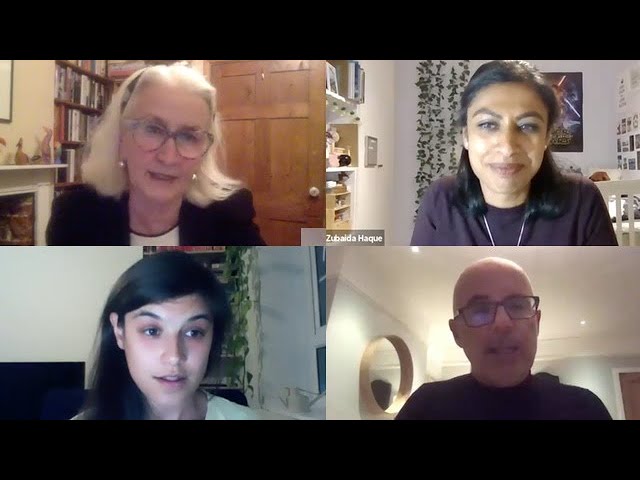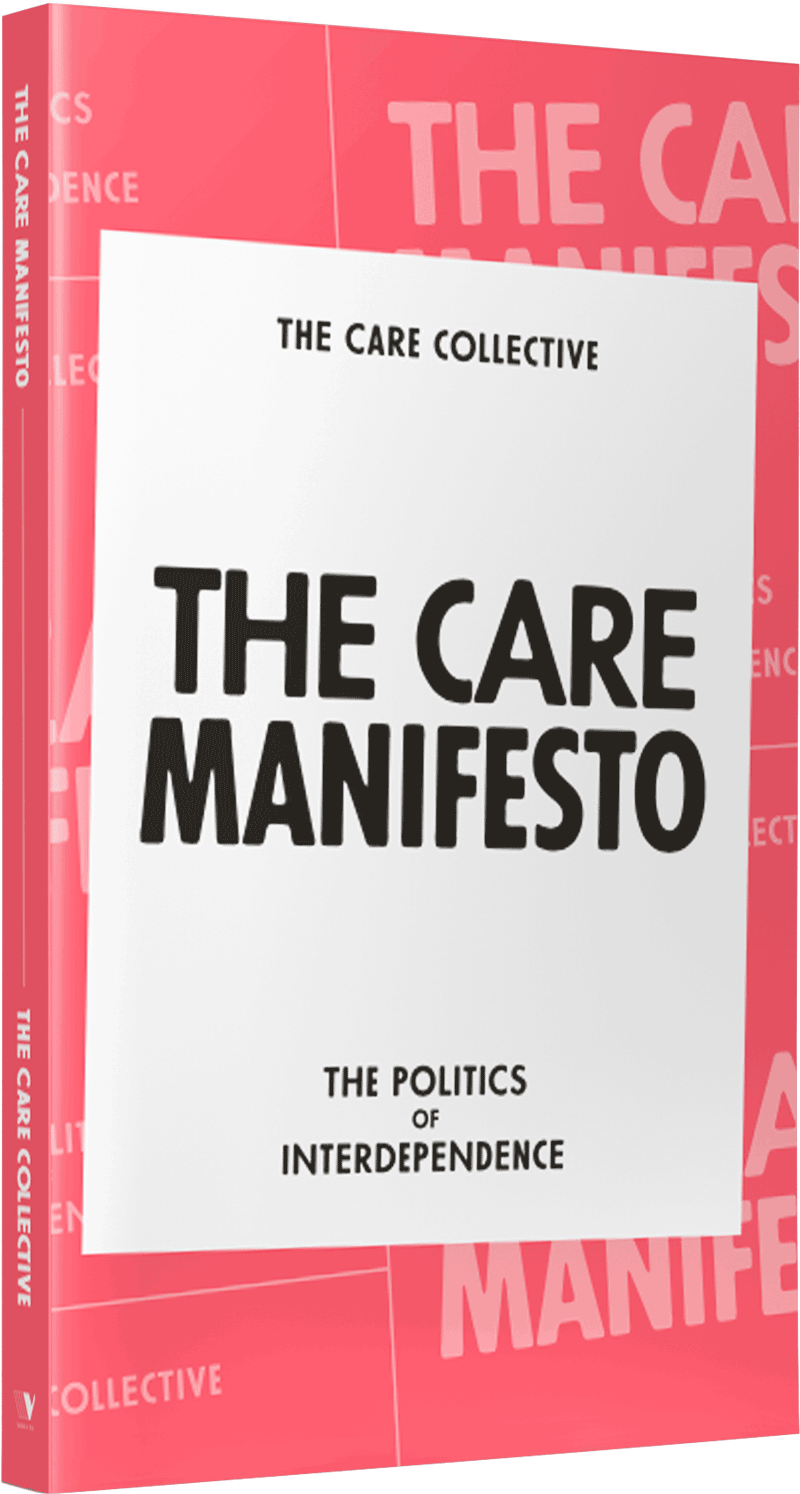A caring economy: why invest in one now?
Posted on 28 Oct 2020 Categories: Blog, Climate crisis, New economic models, Caring economy, The state we want
by Caroline Hartnell
What is a caring economy? And why invest in it now? ‘Building a caring economy’ was the topic of a New Economics Foundation (NEF) briefing, hosted jointly with the Women’s Budget Group, on Thursday 8 October, to mark the publication of the Commission on a Gender-Equal Economy’s final report.
The pandemic has exposed the fragility in the care system, said NEF senior economist Sarah Arnold, especially in care homes. We also have a fragile economic system, with unemployment rising, with all its dire effects on affected families and the wider economy. We need more support for jobs, she said, and ‘care work is a good place to invest’. More people are needed in the care sector, and, given demographic shifts, demand will be sustainable. And need is spread across the country, so this could support the levelling up agenda. As well as new jobs, we also need better pay and conditions, Arnold emphasised. One in five care workers receive below the living wage, and many are untrained. Better support for informal carers is also needed.

‘Covid-19 has given us a glimpse of what it means to care for each other,’ said Zubaida Haque, former interim director of the Runnymede Trust. It has also brought to the forefront what we might once have called ‘unskilled workers’ and now refer to as ‘frontline key workers’ – care workers, healthcare workers, truck drivers, shelf stackers – and highlighted why they need to be valued. These people, not the rich and powerful, the airline bosses, etc, ‘make the economy and should be able to shape it’, said Ann Pettifor, director of PRIME (Policy Research in Macroeconomics) and NEF fellow. ‘We need to rediscover that power.’
We don’t think of care as part of infrastructure, said Pettifor, but ‘investing in care is part of investing in the infrastructure of society’ just as much as building railways. She referenced societies without decent education, healthcare and social care that have weak and non-functioning economies as a result.
‘We need to challenge the narrative,’ said Haque. Care work is mostly low paid, insecure, with little training or investment in skills. ‘No women are economically inactive, though some are not paid. Care work is simply not recognised as important.’
Where do we start?
‘From where we’re at’ is Haque’s answer. In a pandemic one thing that makes a difference is a stronger safety net – ‘which means people don’t have to choose between unsafe work and putting food on the table’. Many people can’t isolate because they can’t afford to. Women, especially black women, are particularly reliant on the social safety net and most likely to be on zero-hours contracts. ‘We want people to be able to make positive choices, not enforced choices.’
There have been calls from many quarters for the £20 a week increase in Universal Credit to be extended beyond next spring, when it’s due to end. What about a guaranteed jobs policy, does that have a place? This would provide security, and ensure everyone who wants a job has one. Arnold prefers the idea of a minimum income guarantee, which is another way to provide security. The trouble with a guaranteed jobs policy, in her view, is the lack of choice, especially for informal carers, who would still have to juggle paid work and informal caring.
How do we pay for a caring economy?
In theory local authorities could go ahead and start building a caring economy now as the money for the care sector comes out of local authority budgets. But they receive most of their funding from national government, so they need to lobby government for more money.
But does national government have the money? How did the Bank of England and US Federal Reserve find so much money to bail out the corporate sector, asked Pettifor. ‘Our chancellor has dispelled the idea that there’s no magic money tree.’
And how do we finance the money tree? Jobs create economic activity, tax revenues, spending, she said. The Bank of England can issue bonds to finance what we need. There is money, but who decides where it goes? Why don’t we put pressure on the government to fund care instead of bailing out the Richard Bransons?
A caring economy as a way to address inequality …
Zubaida Haque talked about the way demographics and economic level have dictated Covid outcomes. The lower their economic level, the more likely people are to be affected. Women are generally lower paid and in more precarious work, more likely to be furloughed/lose jobs. For the poor and disadvantaged, lives are more precarious, more likely to be shortened. ‘It’s the difference between life and death.’
With BAME people, she said, it’s not about biology but about pre-existing racial and class inequalities – where you live, what work you do, etc. Being from a BAME group, being from a lower socioeconomic group and being female intersect, and lead to lower outcomes. To give an example, black women are five times more likely to die in pregnancy. A caring economy means taking account of the needs and circumstances of people’s lives and of structural inequalities that make the difference between life and death. ‘We have an extraordinary opportunity to show energy and compassion for each other to bring about a new normal.’
… and the climate emergency
 Why is a caring economy important for dealing with the climate emergency? For a green, sustainable economy, said Ann Pettifor, we need work that is not greenhouse gas emitting – which means largely service work. Caring work is part of the service sector so doesn’t rely on extraction and manufacturing; it’s person to person. In addition, ‘there are climate-related shocks in the pipeline, including more pandemics, and we will need a good care system.’
Why is a caring economy important for dealing with the climate emergency? For a green, sustainable economy, said Ann Pettifor, we need work that is not greenhouse gas emitting – which means largely service work. Caring work is part of the service sector so doesn’t rely on extraction and manufacturing; it’s person to person. In addition, ‘there are climate-related shocks in the pipeline, including more pandemics, and we will need a good care system.’
But it goes deeper than that, she insisted. Lynne Segal, in The Care Manifesto, said our world is one in which carelessness reigns. This has been made more explicit by the pandemic, said Pettifor. We were warned of the threat but took no precautions – we were ‘too careless to care. We need to change this attitude if we want to ensure our survival.’
A transformative conversation
‘Care is equivalent to the climate,’ said Compass executive director Neal Lawson, in that it offers ‘a way into a conversation about a different kind of society, a different kind of life’. He offers four ‘news’ needed for this different kind of society:
- New ethic: an ethic based on love, dependency, caring, an ethic that speaks to the best in us, completely counterposed to the ethic of neoliberalism. A caring economy, a caring society, should provide the dominant ethic in every sphere, he said. It will create a moral ethic for companies to pay taxes and to behave differently – as centres of responsibility and care and not just profit.
- New economics: neoliberalism forces us to be individualistic and competitive. The new care agenda should ‘end the dominance of rampant individualism and turbo-charged consumerism and go back to a more balanced economy’. Basic income, guaranteed jobs, a four-day week, shorter hours – all these can help us to get there.
- New practices: we need creative, innovative practices. The answers don’t lie with the free market or the big state, though the state must provide resources and guarantee standards.
- New politics: we need a society that is about networks, cooperation and trust. We can’t rely on any single political party. We need cooperation between national, local and very local; between government and civil society.
As we sit on the brink of a second wave of coronavirus, which looks set to deepen an already brutal recession, there can be no going back to business as usual. As all participants in this NEF briefing agreed, we need a recovery that puts care at the heart of the economy – valuing both paid and unpaid care, investing in social infrastructure, and putting the wellbeing of individuals, communities and the planet first.
Want to keep up-to-date with more articles like this? Sign up to our newsletter.
Posted on 28 Oct 2020 Categories: Blog, Climate crisis, New economic models, Caring economy, The state we want
